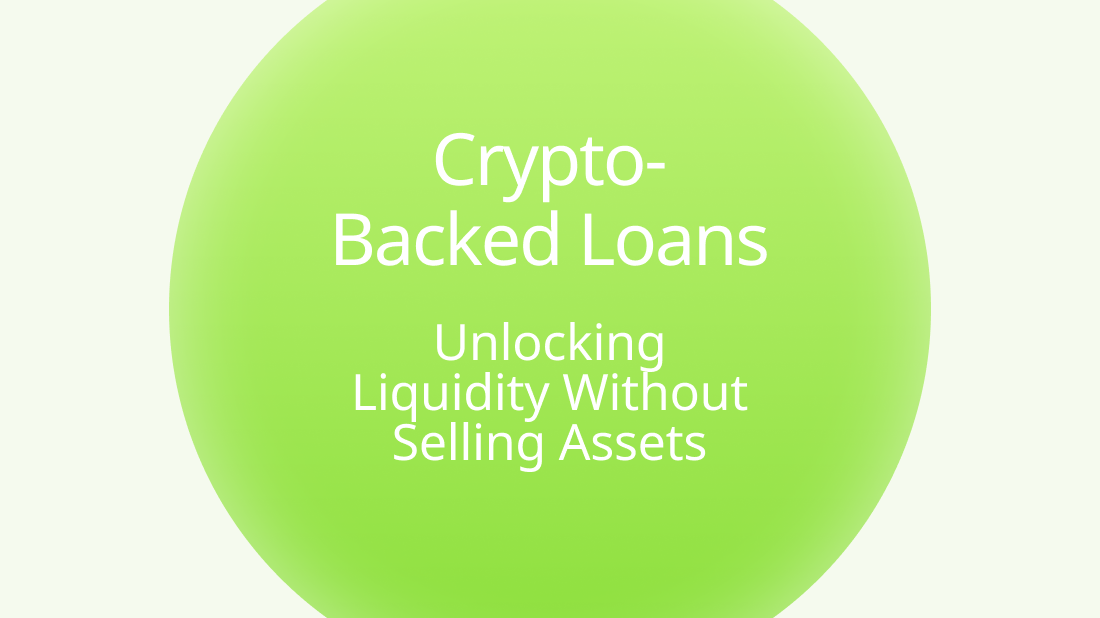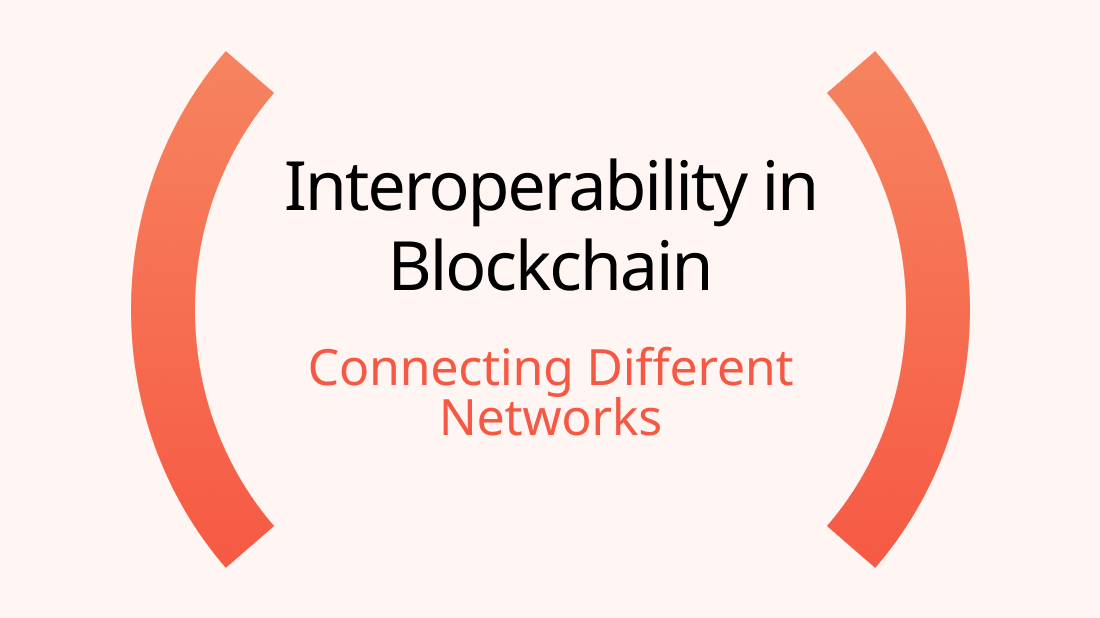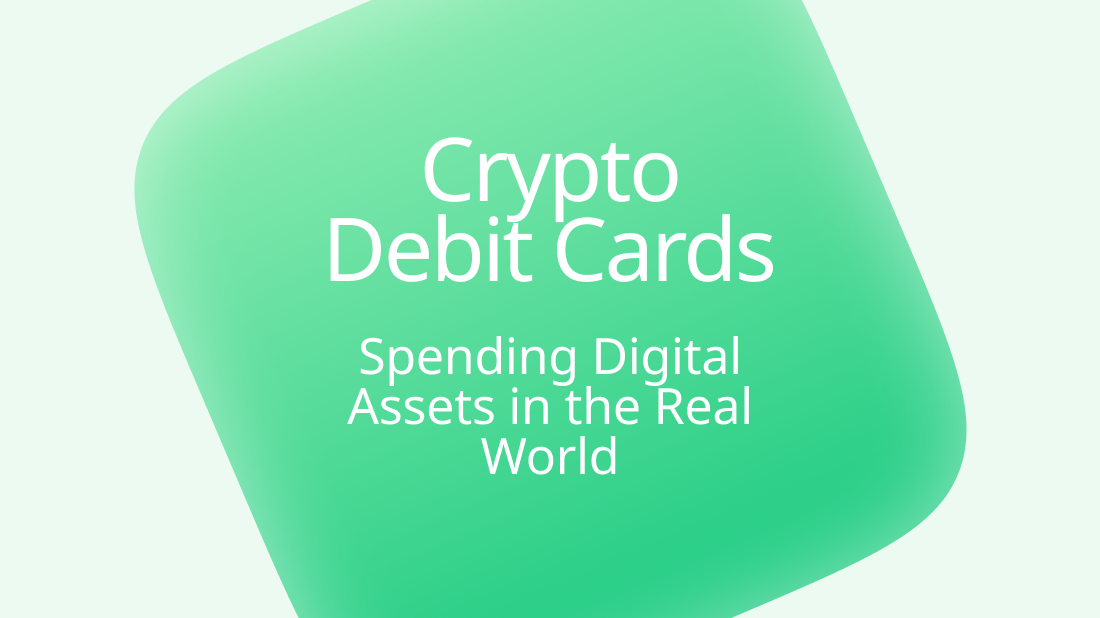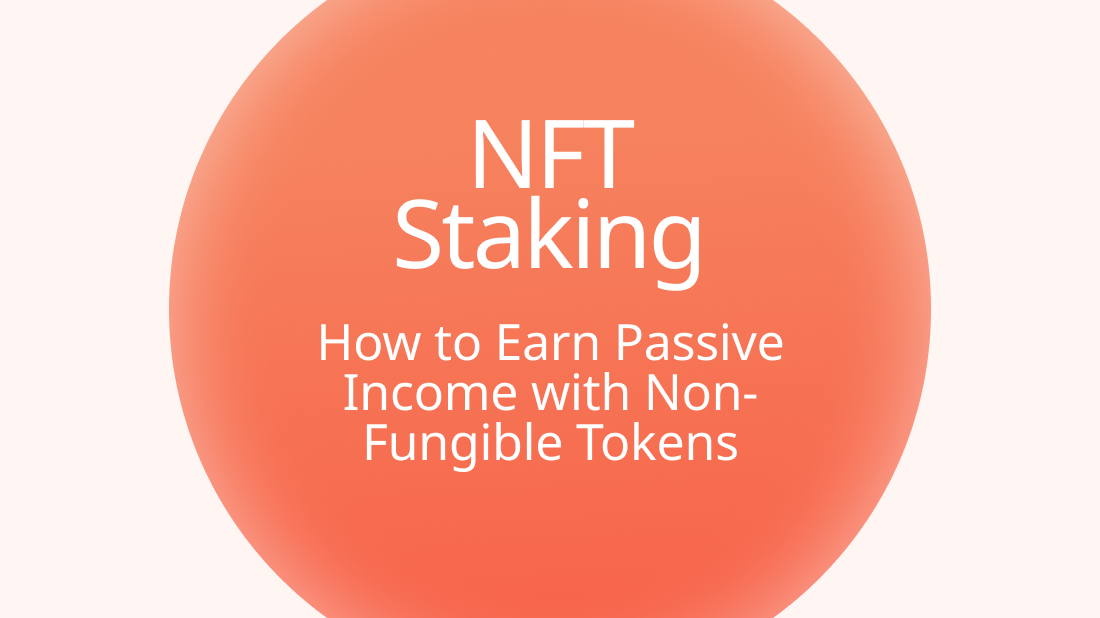Security Tokens: Redefining Traditional Investments

In the rapidly evolving landscape of digital assets, security tokens have emerged as a game-changer, offering a new paradigm for traditional investments. By leveraging blockchain technology, security tokens tokenize real-world assets such as equity, real estate, and commodities, providing investors with increased liquidity, transparency, and security. In this article, we explore the concept of security tokens and their potential to revolutionize traditional investment models.
Understanding Security Tokens
What are Security Tokens? Security tokens are digital tokens that represent ownership or investment in real-world assets. Unlike utility tokens, which provide access to a platform or service, security tokens derive their value from underlying assets and are subject to securities regulations. Security tokens can represent various asset classes, including stocks, bonds, real estate, and investment funds.
Key Features of Security Tokens: Security tokens offer several key features that differentiate them from traditional securities:
- Fractional Ownership: Security tokens enable fractional ownership of assets, allowing investors to purchase smaller units of high-value assets such as real estate or artwork.
- Programmable Compliance: Smart contracts embedded in security tokens can automate compliance with regulatory requirements, including KYC/AML checks, investor accreditation, and distribution of dividends or interest payments.
- Increased Liquidity: By tokenizing illiquid assets, security tokens unlock liquidity and enable peer-to-peer trading on digital asset exchanges, reducing the barriers to entry for investors and providing greater flexibility in asset management.
Redefining Traditional Investments with Crypto: Security tokens have the potential to transform traditional investment models in several ways:
- Democratization of Access: Security tokens democratize access to investment opportunities by enabling global participation and lowering the entry barriers for retail investors. Fractional ownership and tokenization make it easier for investors to diversify their portfolios and access previously inaccessible asset classes.
- Enhanced Security and Transparency: Blockchain technology provides immutable records of ownership and transaction history, enhancing security and transparency in investment transactions. Investors can verify the authenticity of assets and track their ownership in real-time, reducing the risk of fraud and mismanagement.
- Streamlined Capital Markets: Security tokens streamline the issuance, trading, and settlement of securities, reducing inefficiencies and costs in traditional capital markets. By automating compliance processes and reducing intermediaries, security tokens offer faster, more efficient, and cost-effective capital raising and trading mechanisms.
Conclusion
Security tokens represent a groundbreaking innovation that has the potential to revolutionize traditional investment models. By tokenizing real-world assets and leveraging blockchain technology, security tokens offer increased liquidity, transparency, and security, democratizing access to investment opportunities and streamlining capital markets. As the regulatory framework evolves to accommodate security tokens, we can expect to see continued growth and adoption of this transformative technology in the financial industry. Investors, issuers, and regulators alike stand to benefit from the opportunities presented by security tokens in redefining the future of investments.












